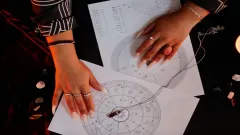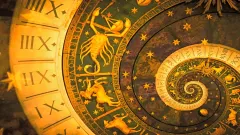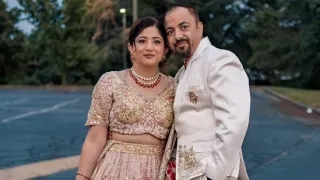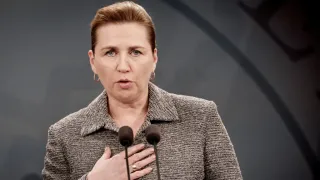The British Royal Family is mourning the loss of Katharine, Duchess of Kent, who passed away peacefully at the age of 92. Buckingham Palace confirmed her death, sharing that she was surrounded by family at Kensington Palace. Flags across royal residences, including Buckingham Palace, have been lowered to half-mast as the nation reflects on her remarkable life.
The Duchess was not only the oldest member of the Royal Family but also one of its most compassionate figures. Married to Prince Edward, Duke of Kent, first cousin of the late Queen Elizabeth II, Katharine devoted much of her life to charitable causes, particularly in the field of music and youth education.
King Charles and Queen Camilla released a heartfelt statement, describing her as a woman of lifelong devotion who carried empathy for young people and a deep passion for music. The Prince and Princess of Wales added that she would be deeply missed as a treasured member of the family.
For many, the Duchess became an enduring figure at Wimbledon. She famously consoled Czech player Jana Novotná in 1993, offering a comforting embrace after the tearful athlete lost in the final. Five years later, she handed Novotná the championship trophy, creating one of the most emotional full-circle moments in tennis history.
Her love for the sport, along with her warmth toward athletes, made her a much-loved presence at the tournament for decades.
Born Katharine Worsley into an aristocratic Yorkshire family, she joined the Royal Family in 1961 through her marriage at York Minster, where Queen Elizabeth II and Prince Charles were among the guests. Yet, Katharine always carved her own path.
In 1994, she made headlines by converting to Catholicism, the first senior royal to do so in more than 300 years. Calling it a long-pondered personal decision, her faith deeply influenced her charitable work, particularly with the Passage homelessness charity.
Music wasn’t just a passion for the Duchess; it was her mission. Beyond supporting numerous music charities, she taught at a primary school in Hull, where pupils knew her only as Mrs Kent. For over a decade, she dedicated herself to helping children discover confidence and self-belief through music.
She once said, My connection will always be there. I love those children, I love East Hull, I wouldn’t have stayed there for 13 years if I hadn’t.
Her musical tastes ranged from Mozart’s Ave Verum Corpus to an unexpected appreciation for rap, showing her openness to different forms of expression.
Behind her gentle public persona, the Duchess faced personal challenges. She endured the stillbirth of her son in 1977 and later battled acute depression, a topic rarely discussed openly by royals at the time. Her candour about mental health struggles paved the way for more open conversations within the monarchy in later years.
Prime Minister Sir Keir Starmer described her as someone who brought compassion, dignity, and a human touch to every cause she championed. Many remembered her not just as a royal but as a humanitarian who lived authentically and touched countless lives.
The date of the Duchess’s funeral is yet to be announced, but it is expected to follow Catholic traditions. Members of the Royal Family, along with dignitaries and global leaders, are anticipated to pay their respects.
As Britain reflects on her passing, Katharine, Duchess of Kent, will be remembered not just for her royal title, but for her heart, resilience, and unwavering belief in the power of music to change lives.























